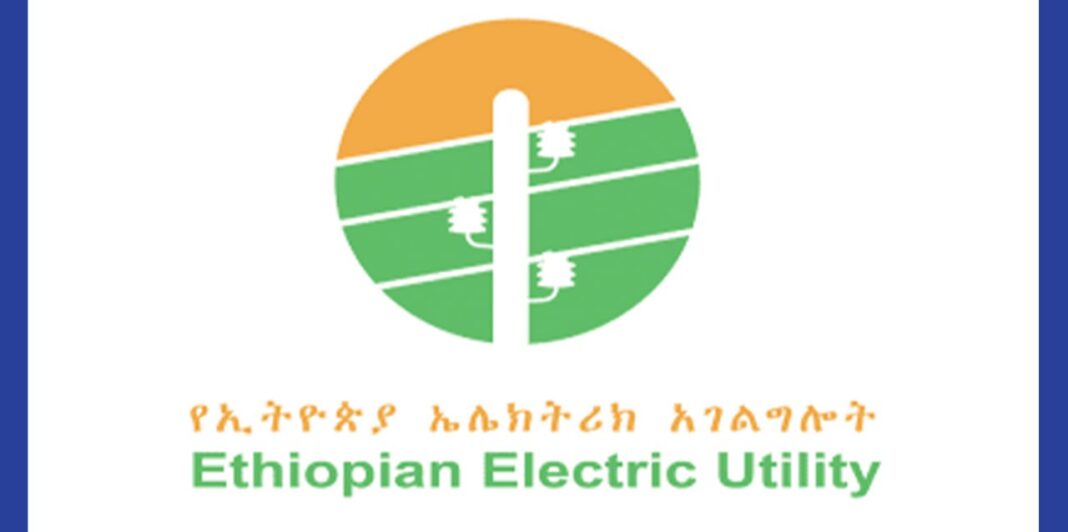The Ethiopian Electricity Utility (EEU) has announced the implementation of a Value Added Tax (VAT) on utility bills for customers who consume more than 200 kilowatt-hours (kWh) of electricity. This new tax will also apply to various service charges incurred by customers, including the costs associated with connecting new customers to the grid.
The VAT, which came into effect in November 2024, will be calculated and added to the monthly utility bills of customers whose consumption exceeds the 200 kWh threshold. Customers will see this tax reflected in their bills starting from December, including back payments for the months of September to November.
According to EEU officials, the introduction of VAT is part of a broader effort to enhance revenue generation and improve the financial sustainability of the utility. The move aims to align Ethiopia’s energy sector with international standards and practices, ensuring that the utility can continue to provide reliable services to its customers.
The implementation of VAT on electricity consumption is expected to affect a significant number of households and businesses across Ethiopia. While the tax is intended to support the utility’s operations, it may also lead to increased costs for consumers, particularly those who are already struggling with rising living expenses.
Critics have raised concerns about the potential burden this tax may impose on low-income households, many of whom may already be facing financial challenges due to inflation and economic instability. The EEU has stated that it is committed to ensuring that electricity remains affordable for all Ethiopians, but the introduction of VAT could complicate this goal.
The announcement has prompted mixed reactions from stakeholders. Some consumer advocacy groups have called for greater transparency regarding how the additional revenue generated from VAT will be utilized by EEU. They are urging the government to ensure that funds are reinvested into improving infrastructure and expanding access to electricity in underserved areas.
On the other hand, industry experts argue that implementing VAT is a necessary step towards achieving financial viability for EEU. They believe that without adequate funding, the utility may struggle to maintain and upgrade its services, which could ultimately affect service delivery and reliability.







